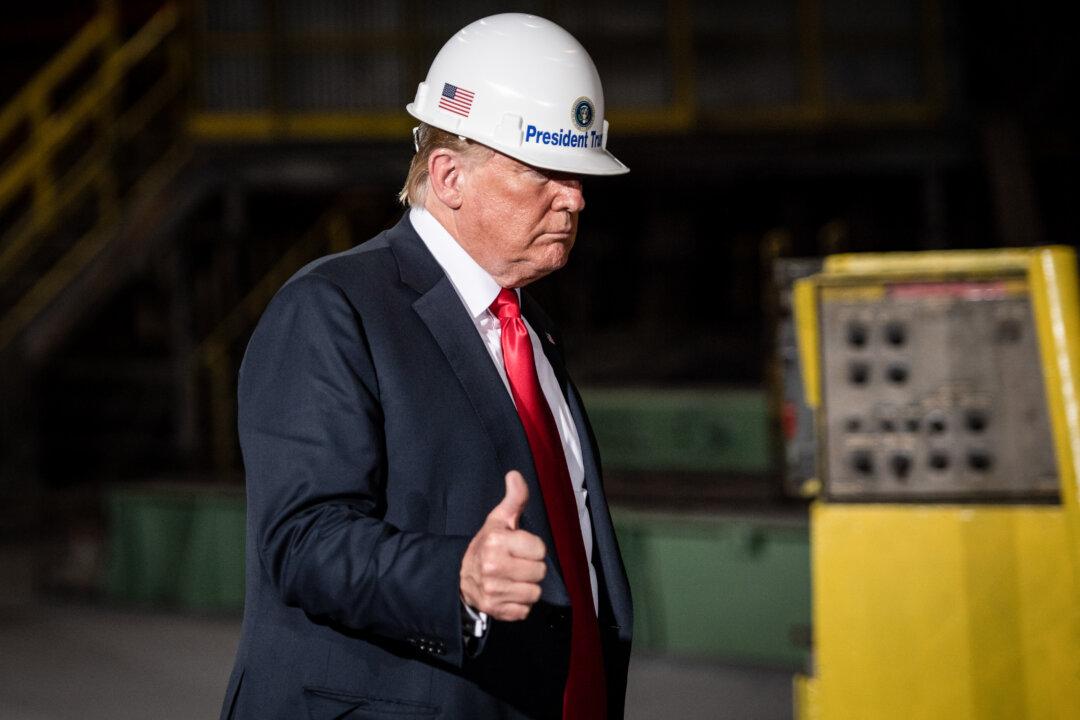The Supreme Court decided on March 27 to not take up an industry challenge to steel import tariffs that then-President Donald Trump imposed in 2018 on U.S. national security grounds.
President Joe Biden has left the tariffs, which Trump said were needed to ensure robust levels of domestic steel production, largely intact. The Biden administration had urged the court to reject the challenge.





